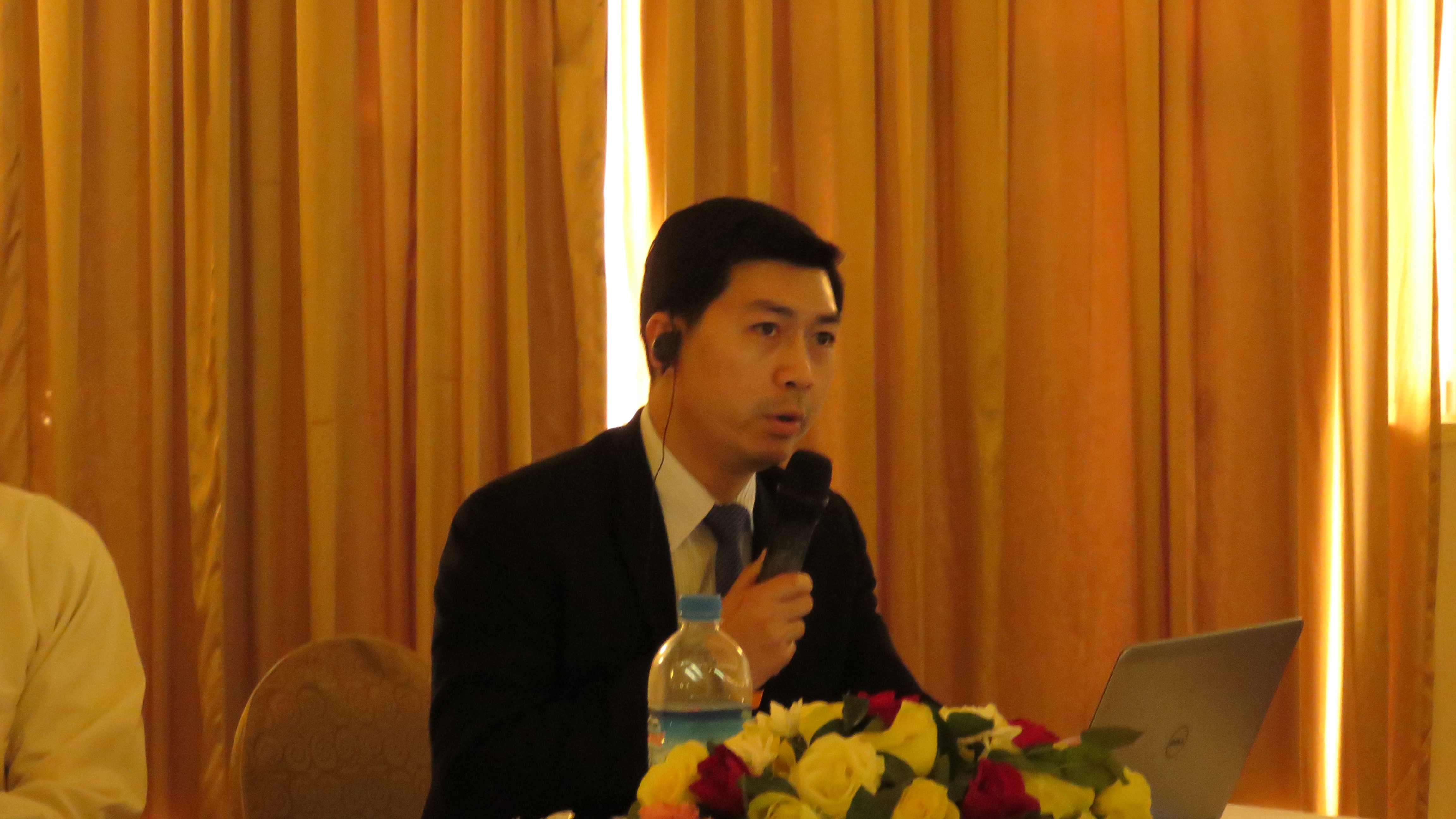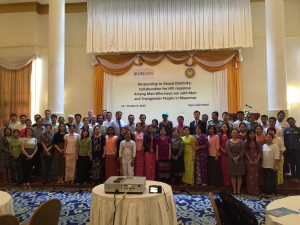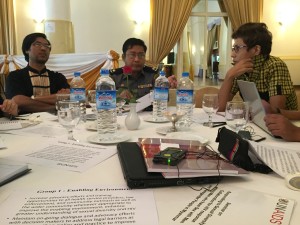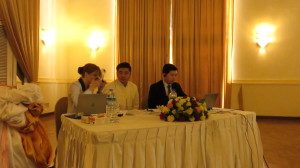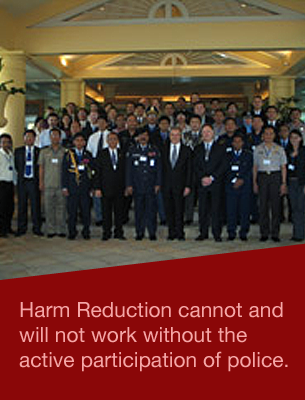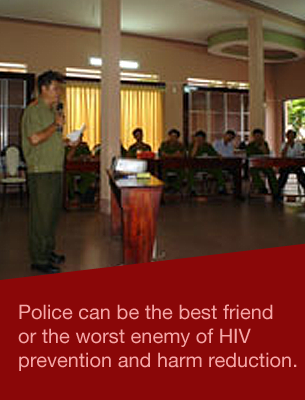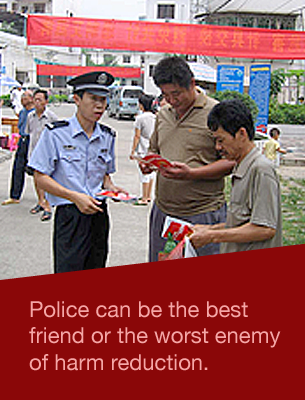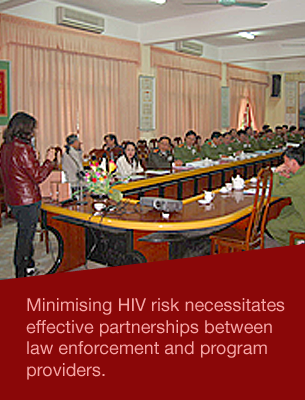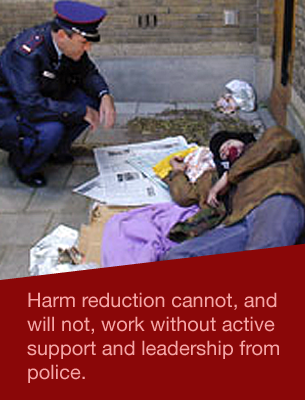LEAHN Country Focal Point for Thailand, Police Lieutenant Colonel Krisanaphong Poothakool, spoke about the role of law enforcement in addressing the needs of sexually diverse populations at a seminar on Responding to Sexual Diversity: Collaboration for HIV Response among Men who have Sex with Men (MSM) and Transgender People (TG) in Yangon, Myanmar 12-13 March, 2015.
You can see Pol. Lt. Col. Poothakool’s presentation and photos here.
Read the concept note here.
See here for the agenda and list of other speakers.
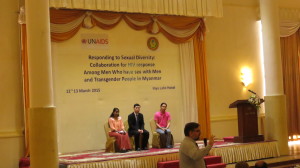
Objectives of the seminar
- Understand the importance of multi sector involvement in public health to address MSM, TG and HIV risk;
- Understand the importance of supportive law enforcement engagement with public health interventions in response same sex behaviour and HIV;
- Discuss and explore the use of innovative models of men’s health services and HIV testing and counseling service provision to reach hidden populations and improve the HIV response among MSM and;
- Explore and understand the benefits of tracking MSM and TG clients through all stages of prevention and treatment services.
Context and rationale
Myanmar is one of the countries in Asia hardest hit by HIV epidemic. Since the first HIV infected individual was identified in Myanmar in 1988 and the first AIDS case was reported in 1991[1], the HIV epidemic has remained concentrated in specific key populations: people who inject drugs, female sex workers and their clients, and men who have sex with men (MSM).
Despite concerted efforts between government agencies, international and local non-governmental organizations, community-based organizations and development partners to respond to the HIV epidemic among men who have sex with men (MSM), HIV prevalence among this key population remains considerably high at 10.4%.[2]
MSM programmes are not reaching those who are hidden. Due to high stigma and discrimination, most MSM are not open about their same sex behaviour and often do not access HIV services for MSM out of fear of exposure. These hidden MSM are more likely to seek treatment from public STI clinics, GP clinics, or to self-medicate; options that do not require disclosure of same-sex behaviour but that also do not provide the appropriate messages and skills for prevention. There are also inadequate programmes that tailor to specific needs of transgender people who are highly vulnerable to abuse and are also more likely to engage in sex work.[3]
More innovative strategies are needed to ensure that MSM access HIV information and services. Health clinics targeting men can be set up to provide STI treatment and HIV testing and referrals as required. Social media and internet-based information platforms can attract people as it provides anonymity. Partnership with private sector and telecommunication companies can support innovative health and HIV information applications through text messaging, hotline, smartphone applications, etc.
To improve our collective understanding of the HIV response for MSM and TG in Myanmar a comprehensive situation assessment was undertaken by UNAIDS with the funding from 3MDG and involved seeking the views of various key stakeholders engaged with MSM, TG and HIV issues. The situation assessment contributes further to improving the response. To highlight the findings and accelerate the response to MSM, TG and HIV a seminar is planned with international and local speakers.


